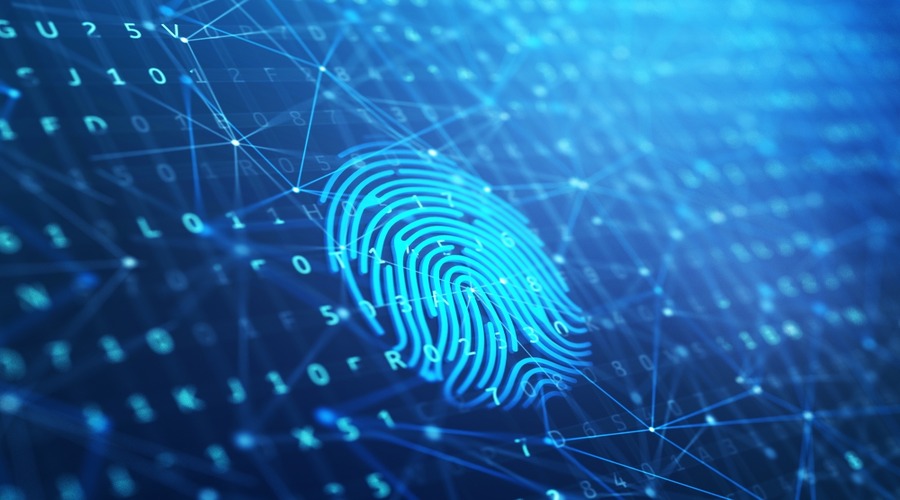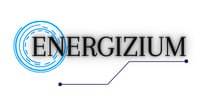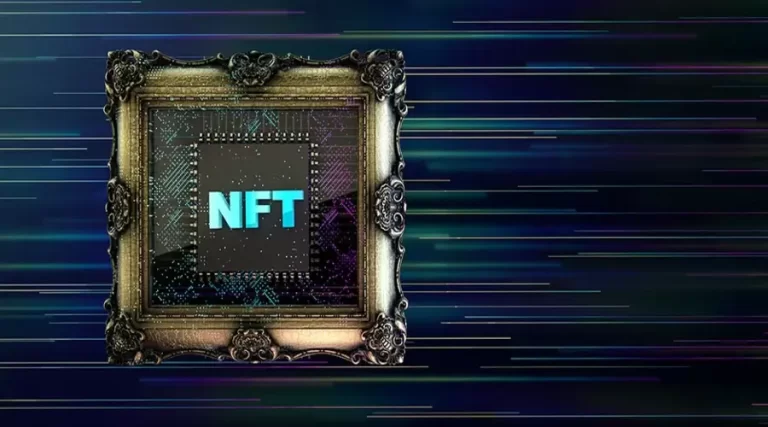
Ensuring Fairness and Equality in Voting with Blockchain
Introduction
Blockchain technology has been making waves across various industries, and one area where it holds immense potential is in ensuring fairness and equality in voting. In a democratic society, the voting process plays a pivotal role in shaping the future, and it is crucial to have a system that upholds the principles of fairness, transparency, and equal representation. Traditional voting methods have faced several challenges, from concerns about fraud and manipulation to issues of accessibility and inclusivity. In this article, we will explore how blockchain technology can address these challenges and revolutionize the way we vote.
Challenges in the Current Voting System
The current voting system has its limitations, which can compromise the integrity of the process. Traditional methods often rely on centralized authorities, making them susceptible to manipulation and fraud. Paper ballots can be tampered with, and electronic voting machines may have vulnerabilities that can be exploited. Additionally, verifying the authenticity of votes and ensuring accurate counting can be cumbersome and time-consuming. These challenges call for a more robust and secure voting system.
Understanding Blockchain Technology
Before diving into how blockchain can ensure fairness and equality in voting, let’s briefly understand what blockchain technology is. At its core, blockchain is a decentralized, distributed ledger that records transactions in a transparent and immutable manner. It consists of blocks of data that are linked together using cryptographic techniques, forming a chain of information. Blockchain technology offers several key features that make it suitable for voting systems.
How Blockchain Ensures Fairness and Equality in Voting
Transparency and immutability are two fundamental characteristics of blockchain that contribute to ensuring fairness and equality in the voting process. With blockchain, all transactions and votes are recorded in a public ledger that can be accessed by anyone. This transparency allows for greater accountability, as it becomes nearly impossible to manipulate or alter the recorded data without consensus from the network participants.
By leveraging blockchain, the integrity of the voting process can be enhanced. Each vote cast on the blockchain is time-stamped, encrypted, and permanently recorded. This eliminates the possibility of fraudulent activities such as double voting or tampering with the results. Additionally, the decentralized nature of blockchain ensures that no single entity has control over the voting process, reducing the risk of bias or manipulation.
Furthermore, blockchain enables secure and anonymous voting. Through the use of cryptographic techniques, voter identities can be protected while still ensuring the integrity of the votes. This can encourage more individuals to participate in the voting process, including those who may have concerns about their privacy. By providing a secure and anonymous environment, blockchain enhances the inclusivity of the voting system.

Implementing Blockchain in the Voting Process
Several countries and organizations have started exploring the implementation of blockchain in the voting process. For example, Estonia has been using blockchain for their national elections since 2014, providing secure and transparent digital voting options for its citizens. Other jurisdictions are also experimenting with blockchain-based voting systems to address concerns related to the current voting methods.
However, implementing blockchain in the voting process comes with its own set of challenges. One of the main concerns is ensuring the privacy and protection of voter data. While blockchain provides transparency, it is important to strike a balance between transparency and privacy. Solutions such as zero-knowledge proofs can be employed to maintain anonymity while still validating the authenticity of votes.
Accessibility and inclusivity are also important factors to consider when implementing blockchain in voting systems. It is crucial to ensure that the technology is accessible to all citizens, regardless of their technological literacy or access to digital devices. Moreover, special attention should be given to individuals with disabilities to ensure that the voting process is inclusive and accommodates their needs.
Addressing Concerns and Criticisms
As with any new technology, blockchain-based voting systems have faced criticisms and concerns. Privacy is often a topic of discussion, as some argue that a transparent blockchain may compromise voter anonymity. However, as mentioned earlier, advancements in cryptographic techniques can address these concerns and provide secure and anonymous voting experiences.
Another criticism revolves around the potential for voter coercion or manipulation. Critics argue that blockchain voting could lead to situations where individuals are forced to vote against their will or reveal their voting choices. To address this, the use of decoy transactions and advanced encryption methods can be employed to ensure that votes remain private and untraceable.
- Privacy Protection: One of the primary concerns is the privacy of voter data. To address this, advanced cryptographic techniques can be employed, such as zero-knowledge proofs. These methods allow for the validation of votes without revealing individual choices, ensuring that voter privacy is maintained.
- Voter Coercion and Manipulation: Critics argue that blockchain voting may lead to situations where voters are coerced or forced to reveal their choices. To mitigate this concern, additional security measures can be implemented, such as the use of decoy transactions. These transactions create uncertainty, making it difficult to determine the actual votes.
- Security Vulnerabilities: While blockchain technology is highly secure, it is not completely invulnerable. To address security concerns, robust security measures should be in place, including encryption techniques, secure key management, and regular system audits. Continuous monitoring and updates are necessary to identify and address any potential vulnerabilities promptly.
- User Education and Trust: Blockchain technology may be new to many voters, leading to skepticism or mistrust. Educating voters about the benefits and mechanics of blockchain-based voting systems is crucial. Building trust through transparency, demonstrating successful implementations, and involving independent audits can help alleviate concerns and increase acceptance.
- Accessibility and Inclusivity: Ensuring that blockchain-based voting systems are accessible to all citizens is paramount. Efforts should be made to bridge the digital divide, provide user-friendly interfaces, and accommodate the needs of individuals with disabilities. Collaboration with accessibility experts can help address these concerns effectively.
By addressing these concerns and criticisms, it becomes possible to build trust in blockchain-based voting systems and alleviate doubts about their effectiveness and integrity. Through continuous improvements, rigorous security measures, and education initiatives, blockchain technology can pave the way for a more secure, transparent, and inclusive voting process.
Future Possibilities and Advancements
Beyond its application in voting, blockchain technology holds potential for various other sectors. The same principles of transparency, immutability, and decentralized control can be leveraged in areas such as supply chain management, healthcare, and finance. Collaboration between government bodies, technology stakeholders, and blockchain experts can lead to further advancements and the development of innovative solutions.
- Beyond Voting: While blockchain has shown immense promise in revolutionizing voting systems, its applications extend far beyond that. The principles of transparency, immutability, and decentralized control can be leveraged in areas such as supply chain management, healthcare data exchange, financial transactions, and intellectual property rights management.
- Collaboration and Partnerships: To unlock the full potential of blockchain, collaboration between government bodies, technology stakeholders, and blockchain experts is crucial. By working together, they can drive innovation, create robust frameworks, and establish standards that ensure interoperability and compatibility across different blockchain implementations.
- Scalability and Efficiency: As blockchain technology evolves, advancements are being made to address scalability issues. Solutions like sharding, sidechains, and layer-2 protocols are being developed to improve transaction throughput and reduce costs. These advancements will enable blockchain to handle large-scale applications and achieve mainstream adoption.
- Smart Contracts and Automation: Smart contracts, which are self-executing contracts with predefined rules and conditions, can automate various processes. This technology has the potential to streamline administrative tasks, reduce bureaucracy, and enhance the efficiency of government operations.
- Global Collaboration and Governance: As blockchain continues to grow, there is a need for global collaboration and governance frameworks. International cooperation can help establish common standards, address legal and regulatory challenges, and foster trust and transparency in cross-border transactions.
By exploring these future possibilities and advancements, we can envision a world where blockchain technology plays a transformative role, empowering individuals, organizations, and governments with secure, transparent, and efficient solutions across various sectors.
Conclusion
Ensuring fairness and equality in voting is of utmost importance in any democratic society. Blockchain technology provides a promising solution to address the challenges faced by traditional voting systems. By leveraging the transparency, immutability, and security of blockchain, we can revolutionize the way we vote, creating a system that is more secure, transparent, and inclusive. As blockchain continues to evolve, it is crucial to explore its potential in partnership with government bodies and technology experts to build a better future for voting.
FAQs
Q1: Can blockchain completely eliminate voter fraud? A1: While blockchain significantly reduces the risk of voter fraud, it is not a foolproof solution. Proper implementation, security measures, and user education are necessary to mitigate potential vulnerabilities.
Q2: How does blockchain ensure the privacy of voters? A2: Blockchain uses cryptographic techniques to encrypt and protect voter data. Advanced methods like zero-knowledge proofs allow for the validation of votes without revealing individual choices.
Q3: Can blockchain voting systems be hacked? A3: Blockchain technology is highly secure, but like any system, it is not entirely invulnerable. Implementing robust security measures and conducting regular audits can minimize the risk of hacking.
Q4: Are blockchain-based voting systems accessible to everyone? A4: Accessibility is a key consideration when implementing blockchain in voting. Efforts should be made to ensure inclusivity, especially for individuals with disabilities or limited access to technology.
Q5: What are the potential benefits of blockchain beyond voting? A5: Blockchain has the potential to revolutionize various industries, including supply chain management, finance, and healthcare. Its transparency, security, and decentralization can enhance trust and efficiency in these sectors.
I’m a professional writer. I have been writing about Cryptocurrencies for more than 2 years now and I consider myself one of the best authors in this field. I am very passionate about this technology and I believe that it will change the world as we know it. If you want to learn more about cryptocurrencies, you should definitely check out my work!


